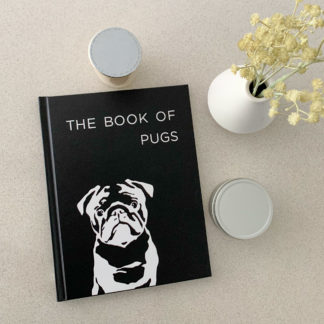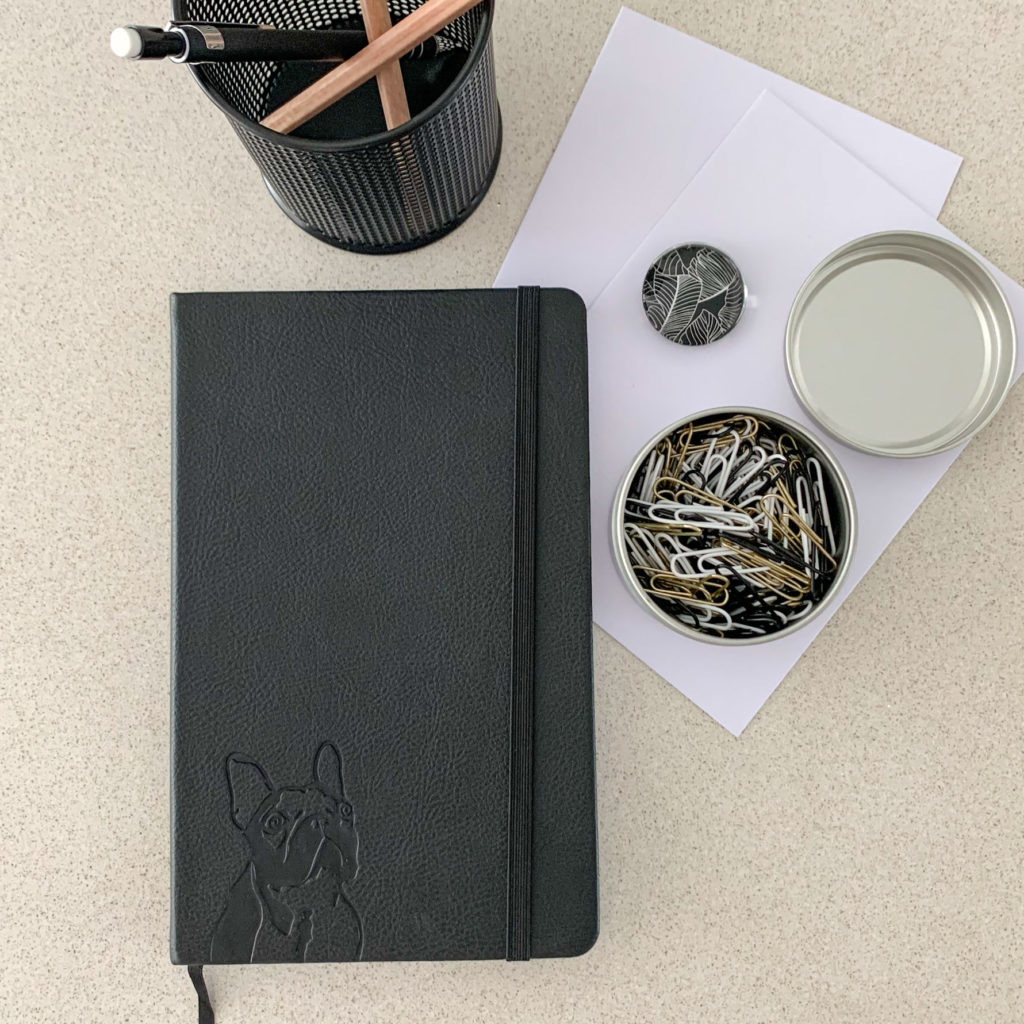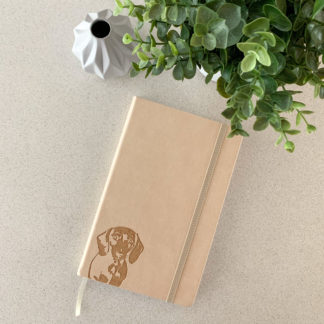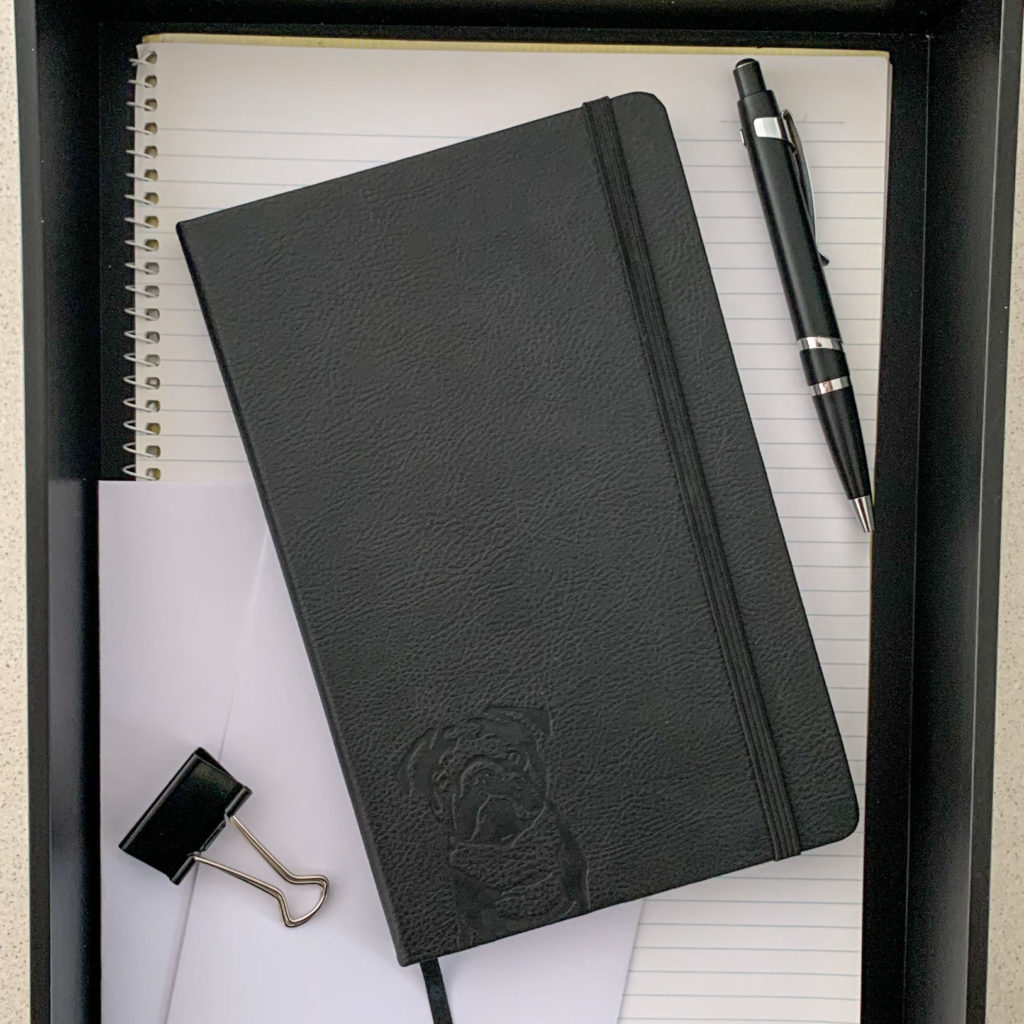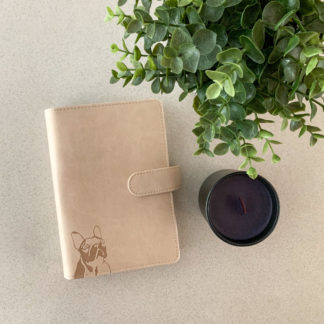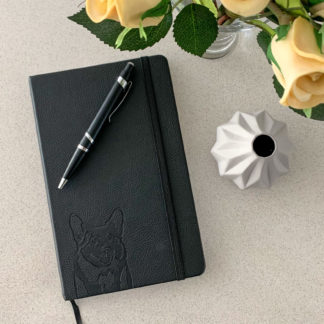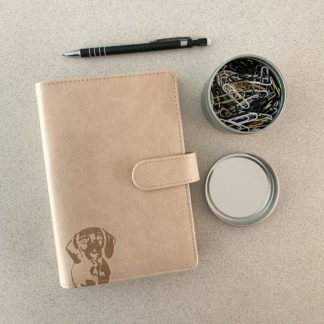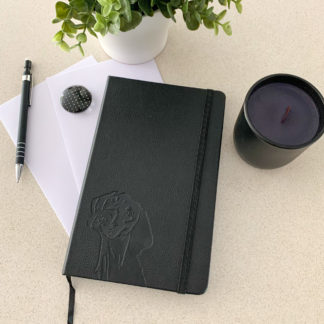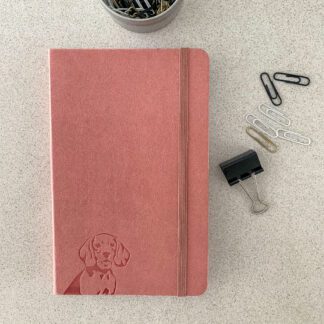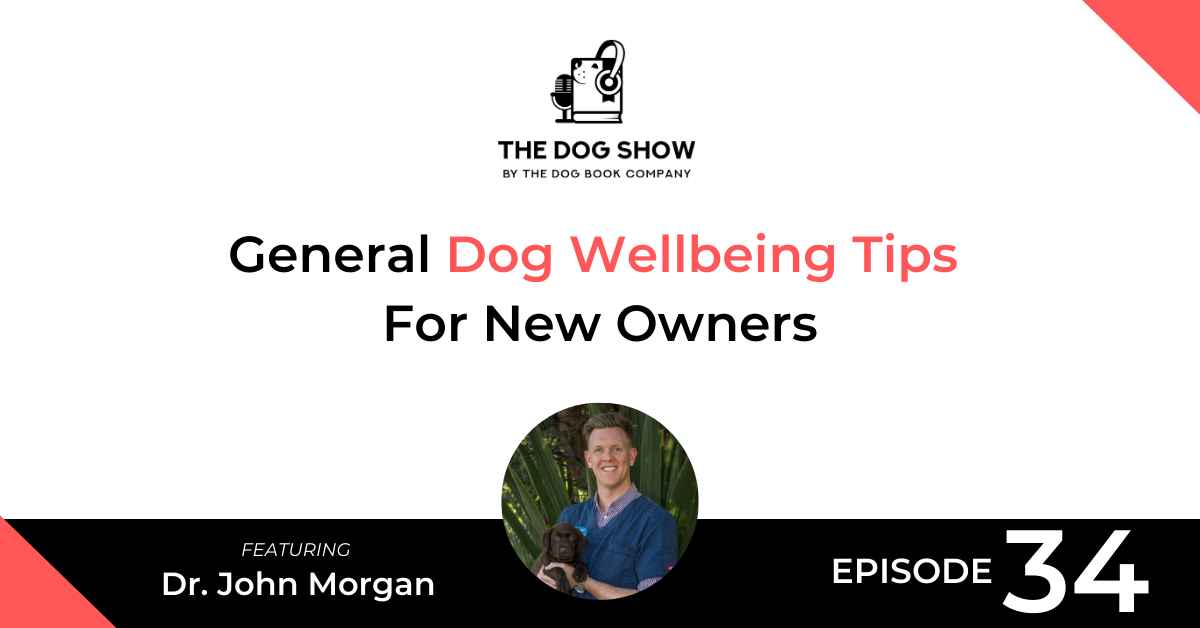
This episode of The Dog Show features Dr. John Morgan. John is a Partner Veterinarian at Gordon Vet Hospital, an independently owned vet practice that has been operating since 1971.
After developing an interest in animals at a young age, John studied veterinary science at Sydney University before eventually finding a home at Gordon Vet Hospital where he specialises in orthopaedic conditions and arthritis.
In the first of several interviews with John, he shares his story as well as some general wellbeing tips for new dog owners.
Find out more about Gordon Vet Hospital here:
Listen
Watch
Read
Will: This episode of “The Dog Show” features Dr. John Morgan. John is a Partner Veterinarian at Gordon Vet Hospital, an independently owned vet practice that has been operating since 1971.
After developing an interest in animals at a young age, John studied veterinary science at Sydney University before eventually finding a home at Gordon Vet Hospital where he specializes in orthopedic conditions and arthritis.
In the first of several interviews with John, he shares his story as well as some general wellbeing tips for dog owners.
John, Dr. John Morgan, welcome to “The Dog Show” today. Thank you very much for coming on.
Dr. Morgan: Thanks for having me.
Will: Yeah. I’m really excited to have a chat with you. We’re going to have you on for a few different episodes to share some of your expertise about working with dogs at the Gordon Vet. So, yeah, thanks for coming on.
Dr. Morgan: Thank you very much for having me. I’m looking forward to it.
Will: Yeah, it should be a bit of fun. Could you just tell me a bit more about your back story, like how you got into veterinary in the first place?
Dr. Morgan: Yeah. Yeah, absolutely. Yeah. So, I always had a strong interest in science and always sort of the medical route or the veterinary route. It’s something that I was always looking at. Obviously, yeah, big love for animals from early on in the family. And actually, my uncle was a veterinarian and that, you know, was a bit of an impetus to decide to go into the field. And then I was fortunate enough, obviously, to get into Sydney Uni straight out of school. Very lucky to get the mark that I needed to sneak in.
Will: I’m sure that was a pretty premium one to get into vet at Sydney.
Dr. Morgan: Yeah, yeah. It was the top of the list. So, I’m more than a bit happy to get in. In these days, you know, what students have to do to get in, I think, I was lucky with the time that I got in as well because it’s definitely a much more challenging career to get into now.
Will: Okay. And you did a bit of work overseas as well.
Dr. Morgan: Yeah. So, I had my first couple of years…I went a little bit country. So, I was out in Goulburn for two and a half years when I graduated. Tried to do a little bit of mixed animal practice. So, sort of few large animals like horses, sheep, and cattle. And then I kind of sort of decided it was time to spread my wings and get overseas. Almost like a little gap year. I then ended up in Canada for two and a half years. So, with my now wife and I, did a bit of traveling across the country sort of in Vancouver and Toronto, working all over the place, you know, towards [inaudible 00:02:54] which is pretty amazing.
Will: Yeah, cool. Yeah. It’s interesting. When I was [inaudible 00:02:56], my wife’s actually from Toronto.
Dr. Morgan: Oh, cool.
Will: Yeah. We got married over in BC down in Vancouver.
Dr. Morgan: Yeah. Nice.
Will: So I’m quite familiar with Canada.
Dr. Morgan: Yeah.
Will: It’s, I mean, culturally, similar to Australia, I find.
Dr. Morgan: A hundred percent. Yeah. I mean, it was so easy to transplant over there. Really, really nervous at that age to experiment with going overseas, but the experience I had [inaudible 00:03:19] so warm and sort of really understood where I was coming from. And working over there was a really smooth transition. I think the culture was pretty much identical.
Will: We got Frankie, my dog, walking around with her claws on the ground here which is interesting.
Dr. Morgan: Yeah. I think she can sense the vet in the room.
Will: Yeah, potentially. She’s doing something anxious at the moment. We might remove him from the situation for the next one. Yeah. So, what do you specialize in at Gordon Vet?
Dr. Morgan: Yeah. So, my main area of expertise is sort of a lot of orthopedic cases or arthritis cases. So, I often get internally referred to for cases of chronic arthritis or even young dog limping can be a bit of a sign of a future issue, which is sort of where I’ve trained up a little bit more and I have a bit more experience in those cases.
And then leading on from that, I do a few of the more complicated orthopedic surgeries. So, sort of knee repairs or even sometimes hip repairs if we need to do them there. But also, obviously, we have a wide range of special facilities in Sydney now. So, it’s about, you know, picking the right vet for the cases that are a little bit beyond my skill set.
Will: Okay. Yeah. So, I think we’ll talk about orthopedics and arthritis a bit more in a later episode. But are there any particular breeds that are more, I guess, exposed to those sort of conditions?
Dr. Morgan: Yeah. I guess, obviously, we always have a red flag on the large breed dogs. So, Irish wolfhounds, obviously, very large dogs, very fast growth and they often have a lot of unfortunately bone cancers and hip disorders. And the Labradors are another very common breed that are susceptible to, you know, again, potentially bone cancer but also hip disease and even knee disease because they do have a love of food, which does sort of increase their weight which puts them at risk of those conditions.
Will: Yeah. So, the weight management is so important.
Dr. Morgan: It’s vital, yeah. And we try and pick that out from a young age and at least talk to people about how best to approach it. But, yeah, it’s a key element in managing these cases, which, again, we can talk about it later on.
Will: Yeah, of course. So, this is a general overview. If I’m a new dog owner and I come into Gordon Vet to see you for the first time, I’ve got a puppy or maybe I’ve got a rescue or something like that, what type of advice are you giving me to take home about wellbeing and looking after my dog?
Dr. Morgan: Yeah. I guess, it is so very much dependent on what’s going on and the breed of the dog. But probably in that area, we do talk a lot about preventatives. So, obviously, vaccinations and parasite prevention is probably the leading topic that we start talking about.
And then from there, we start to move on to diet, obviously, what’s appropriate for the breed of dog that you’ve got and their rates of growth. But also, we do cover things like potential health issues or even preventative surgeries which do factor in a lot of specific breeds of dogs.
Will: Okay. So, like, when you say parasite prevention, you’re talking about kind of the flea and tick medication and that kind of stuff.
Dr. Morgan: Yeah. So, flea and tick prevention is big around here. And then, obviously, deworming and, of course, heartworm prevention, which is…it is creeping back into Sydney and Australia, generally. We do have a bit of an issue with it, and I know that it’s a big problem overseas.
Will: Cool. So, do you have any favorite breeds that you like working with or maybe favorite clients like me?
Dr. Morgan: Obviously, Will, number one client. But yeah. No, we try not to pick favorites too much. I’m actually personally looking at the moment to get an Irish terrier. I quite like the terrier types of dogs. But, yeah, I do. I like sort of, you know, the Labradors, very popular breed, and good reason for it. Really lovely nature and perfect family dog. But some of the high-energy dogs like [inaudible 00:07:00] beagles, [inaudible 00:07:01] it’s not for them. Not high in everyone’s list.
Will: I love the look of beagles. I don’t know what they’re like, their personalities and stuff a lot.
Dr. Morgan: Yeah. High energy.
Will: Are they? Yeah.
Dr. Morgan: It would be the best way to describe it and very much scent-driven. So, you know, you find yourself chasing them all around the suburb sometimes.
Will: So, really, Irish terrier. Presumably, as a vet, that’s because they’ve got not a lot of health conditions or…traditionally?
Dr. Morgan: Yeah. Traditionally. I guess, when we look at a breed, per se, there are a lot of conditions that, unfortunately, creep into breeds of dogs just because of, I guess, the way that they were founded and the fact that they are genetically quite narrow. It’s probably the nicest way to say it.
Will: Inbred.
Dr. Morgan: Yeah, [inaudible 00:07:45] jump into that word. But, yes, we do sort of terriers in general. They’re generally long-lived, relatively healthy breed of dog with the exception that unfortunately, they are prone to a lot of liver or pancreatic issues. Probably one of the more common problems we see within terriers such as Schnauzers, Irish Terriers, and dogs like West Highland White Terriers.
Will: Okay. But I guess, as you said, every breed or every dog, just like the humans, can have something in its genetic line which could be…
Dr. Morgan: Exactly, exactly. And I mean, I guess, the…even the beloved Cavoodle, so the Cavalier-crossed poodle, we initially sort of thought, “Oh, great. Hybrid dog.” So, the benefit there is, obviously, we’ve got the genetics from two different breeds that are coming together, reduces that risk with genetic problems. But we have, unfortunately, been finding that there is seemingly a lot of genetic conditions creeping into the breed now such as heart murmurs and even hip dysplasia or hip disease. So, where we thought we had this amazing trend, unfortunately, we’re still having some breed-specific issues.
Will: Yeah. It seems to be the thing to breed with the poodle, doesn’t it?
Dr. Morgan: Yeah.
Will: Every other dog. I’m thinking maybe a super dog. But, yeah.
Dr. Morgan: Yeah. And again, it did sound good and I think it’s just, obviously, the boom has led to a large population of them, which to keep up with that, we’re finding that we’re getting back into our old habits of trying to genetically bond them.
Will: A narrow niche.
Dr. Morgan: Exactly. Yeah. And you’ve got your few favorite dogs and then they end up sort of providing the gene pool for the whole [crosstalk 00:09:19].
Will: [crosstalk 00:09:19] and all that kind of stuff.
Dr. Morgan: Exactly. Yeah.
Will: I guess, that’s where…yeah, as you said, it kind of…the more popular it gets, the more it goes down that path.
Dr. Morgan: Exactly. I mean, now, we’re seeing…again, an unusual phenomenon is this hybrid trend, the Cavoodle trend, that’s now led to actually full-breed Cavoodles.
Will: What’s the difference?
Dr. Morgan: Yeah. Well, I guess, one particular example is that they’ve developed these dogs called Tamarukes which are locally…I think they’re being bred in New South Wales as a new breed and have become registered. But they are essentially a Cavoodle or even a Labradoodle. So, they’ve got sort of different sizes. But theoretically, you can breed them together and you end up with the same dog.
Will: Right. Okay. So, rather than actually breeding the Cavalier and the poodle, you’re breeding Cavoodles together over and over again.
Dr. Morgan: Exactly.
Will: Okay.
Dr. Morgan: Yeah. And then that’s where, again, we’d run into problem…can run into problems. But depending on, you know, how narrow you want to make the gene pool.
Will: Okay, cool. Well, John, thanks so much for coming on today’s show. I really enjoyed getting to know you. And everyone else, I’m sure, has as well. You’ve shed some interesting tips about general wellbeing for dogs. I look forward to the next time you’re on.
Dr. Morgan: Absolutely. Thanks very much for having me.
Will: Cheers.
From Our Store
-
French Bulldog Coffee Table Book – The Book of Frenchies
From: EUR €33.53 Add to cart -
Dachshund Coffee Table Book – The Book of Dachshunds
From: EUR €33.53 Add to cart -
Pug Coffee Table Book – The Book of Pugs
EUR €33.53 Add to cart -
French Bulldog Notebook – A5, Hardcover, PU Leather, 100gsm Lined Pages, Bookmark (Three Colours)
EUR €19.56 Select options -
Dachshund Notebook – A5, Hardcover, PU Leather, 100gsm Lined Pages, Bookmark (Three Colours)
EUR €19.56 Select options -
Pug Notebook – A5, Hardcover, Black PU Leather, 100gsm Lined Pages, Bookmark (Three Colours)
EUR €19.56 Select options -
French Bulldog Planner – PU Leather Exterior, Metal Loose Leaf Ring Binder, 100gsm Paper (Two Colours)
EUR €36.33 Select options -
Corgi Notebook – A5, Hardcover, Black PU Leather, 100gsm Lined Pages, Bookmark (Three Colours)
EUR €19.56 Select options -
Dachshund Planner – PU Leather Exterior, Metal Loose Leaf Ring Binder, 100gsm Paper (Two Colours)
EUR €36.33 Select options -
Vizsla/Weimaraner Notebook – A5, Hardcover, PU Leather, 100gsm Lined Pages, Bookmark (Three Colours)
EUR €19.56 Select options -
Cavoodle Notebook – A5, Hardcover, Black PU Leather, 100gsm Lined Pages, Bookmark (Three Colours)
EUR €19.56 Select options -
Beagle Notebook – A5, Hardcover, PU Leather, 100gsm Lined Pages, Bookmark (Three Colours)
EUR €19.56 Select options



